

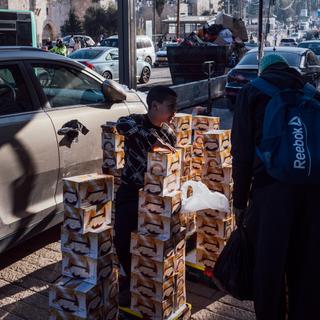
Israel-Gaza war: gloomy first week of Ramadan in Jerusalem and the West Bank
GalleryThe start of the month of Ramadan, which began on March 10, saw no clashes, despite fears that the ongoing war between Israel and Hamas might reignite tensions, particularly in Jerusalem's Old City, where clashes have taken place in previous years and where the 2021 Israel-Hamas war began.
On March 15, tens of thousands of worshipers made their way to the Al-Aqsa Mosque in the heart of East Jerusalem for Friday noon prayers, under the watchful eye of the 3,000 police officers deployed every day in the Old City and at the eleven gates leading to Islam's third holiest site.
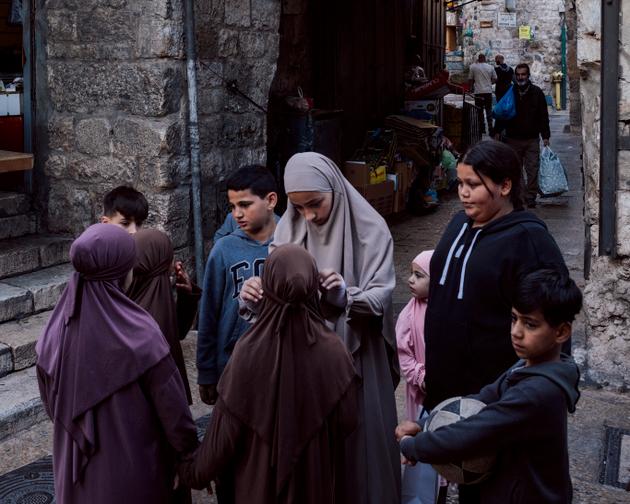
In the shopping street of Salaheddine, outside the ramparts, afternoons nevertheless give the illusion of normality. Shoppers flock to the stores to do their dinner shopping and buy sweets, notably qatayef, the Ramadan semolina pancakes stuffed with pistachios and honey.
But the nightly celebrations that usually punctuate the evening prayer are not taking place, and the faithful are not lingering. The Damascus Gate, traditionally packed with food stalls and vendors, is a sad, pale copy of previous years. Young Palestinians spend the evening sitting on the steps, under the gaze of the policemen stationed at the square's three checkpoints.
'People are scared'
This year is marked by the notable absence of the mesaharatis, the volunteers who beat their drums in the alleys of the Old City to call the faithful to eat their last meal before the fast begins. "My heart is not in it," says a terse Abu Habib, standing in front of his souvenir stall on Al-Wad Street leading to the esplanade.
Although Israeli Prime Minister Benyamin Netanyahu announced before Ramadan that "no new restrictions would be imposed", access to the Holy City for Palestinians from the West Bank on Fridays has been restricted this year to men over 55, women over 50 and children under 10. Israel also requires visitors to register via a mobile application. In previous years, there were no age restrictions for women, and online registration was not required. At the Qalandiya checkpoint, linking the central West Bank to Jerusalem, many elderly people, unfamiliar with the new measures, were refused passage.
In the West Bank, the traditional traffic jams, which begin in the early afternoon and last until iftar (the breaking of the fast), are virtually non-existent. "People are scared and no one is going out this year," said a disillusioned Khaled, a grocer in the center of Ramallah. "In any case, given the situation, there's not much to celebrate..."
The decorations, garlands and lanterns that traditionally adorn the walls have all been put away. In Ramallah's town square, an artists' collective has erected a tent and hung up portraits of victims of the conflict. A sign reads "We are all Gaza."
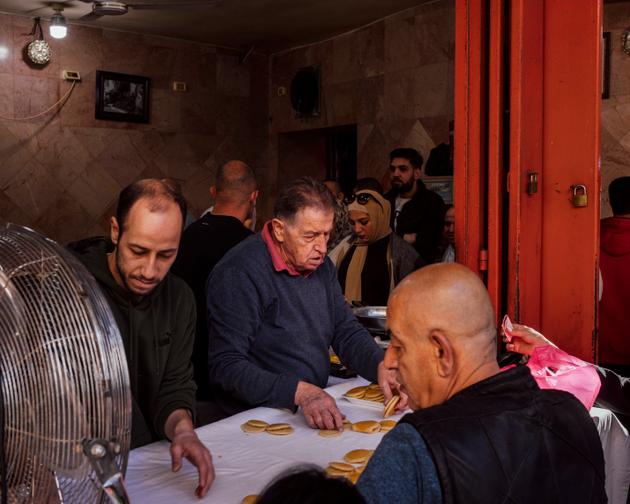
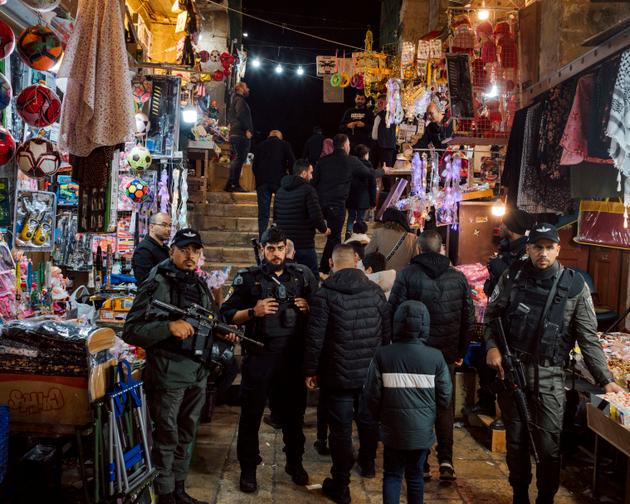
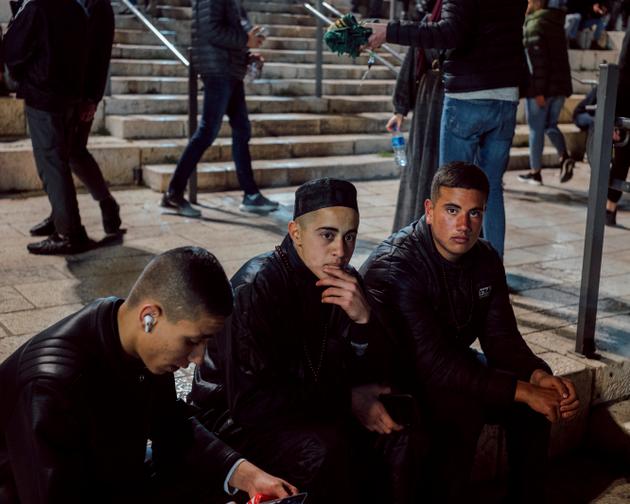
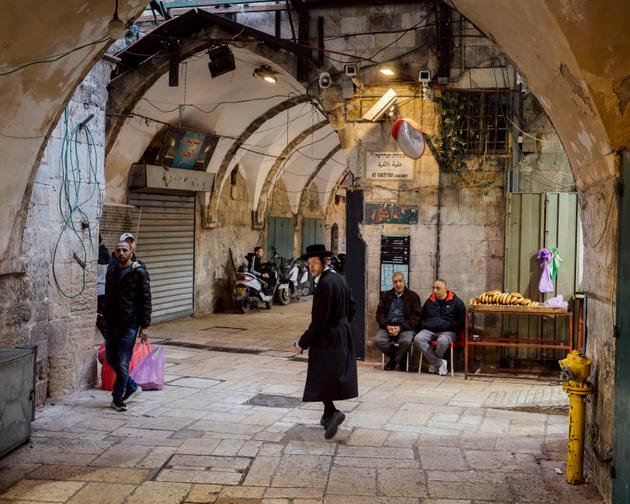
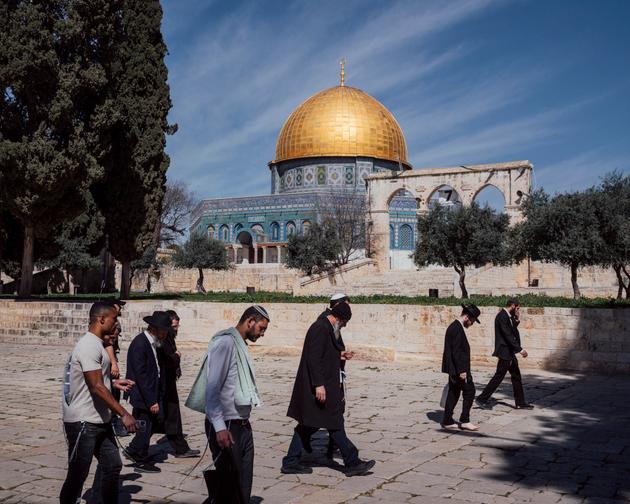
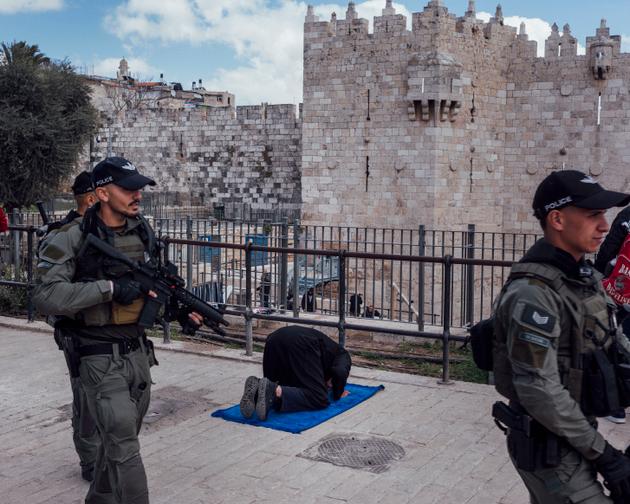
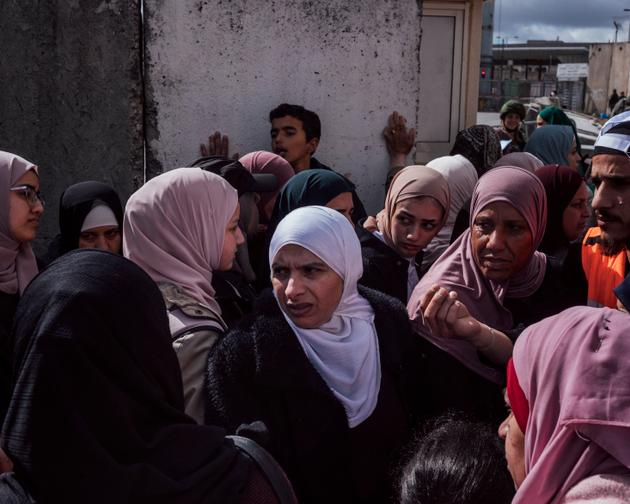
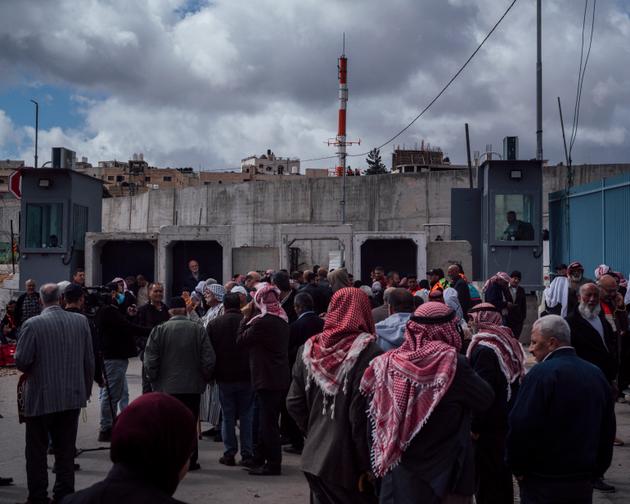
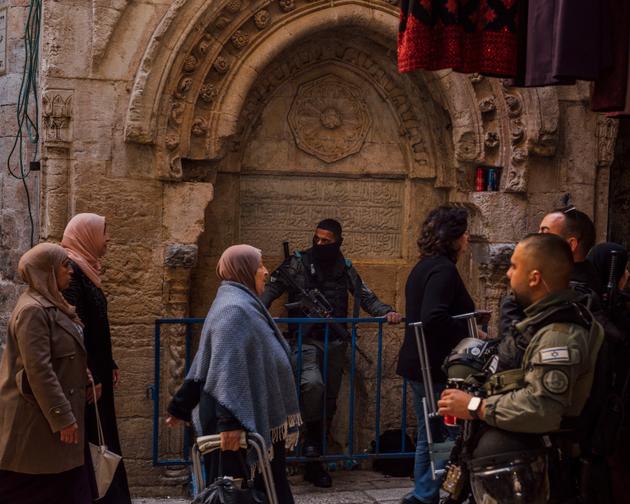
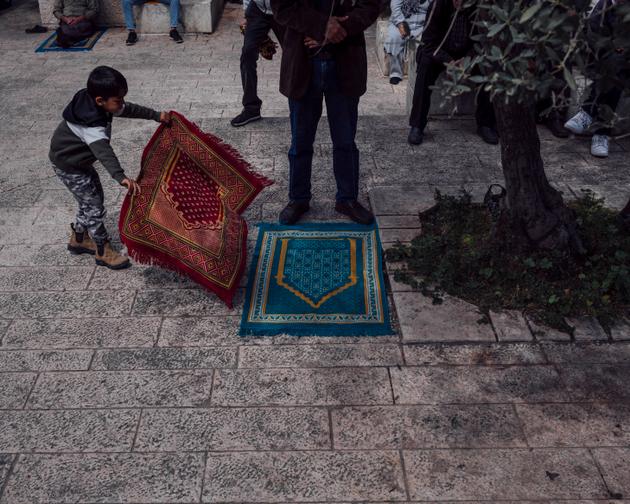
You have 0% of this article left to read. The rest is for subscribers only.
